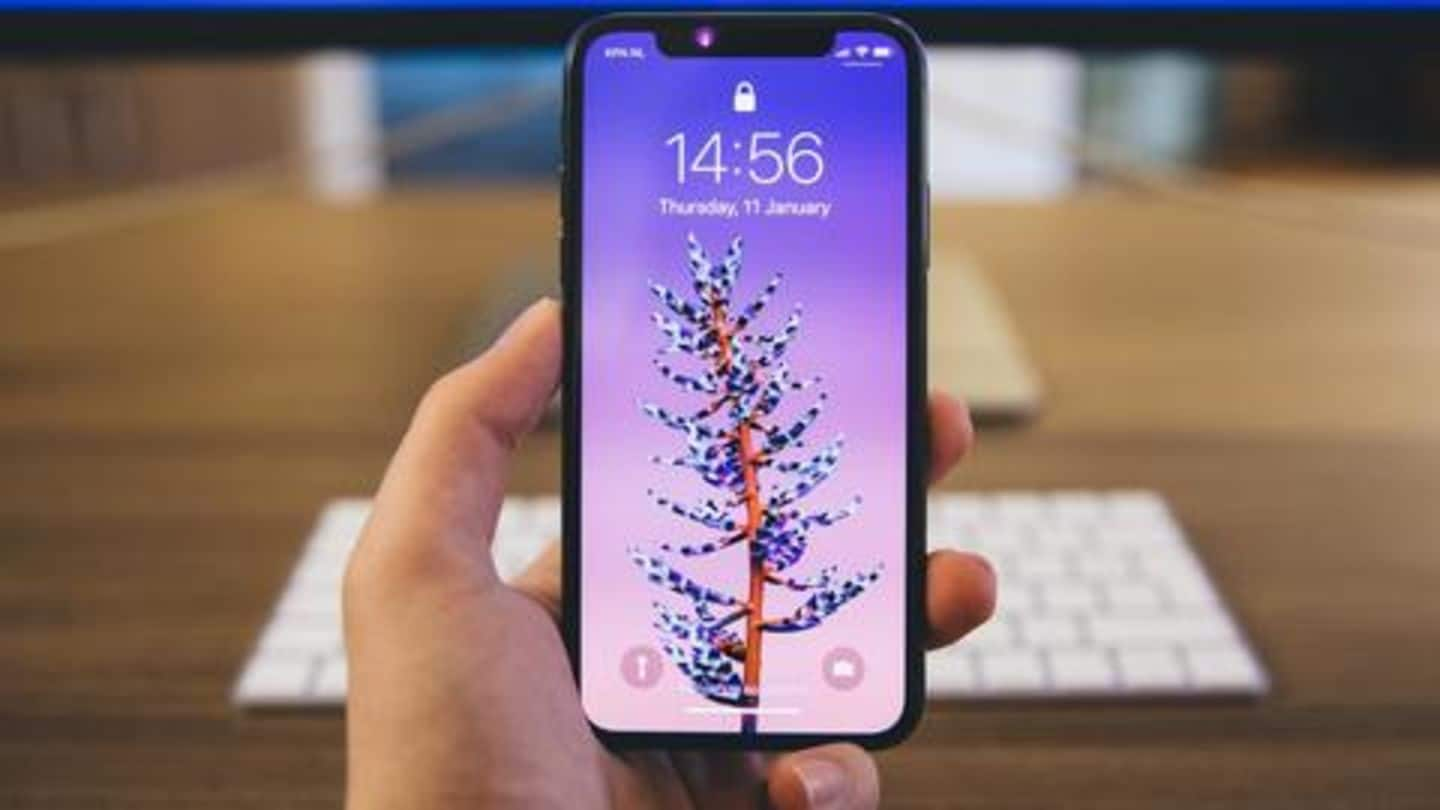
Samsung could sue Apple for not selling enough iPhones
What's the story
In an extremely weird case, Samsung could sue Apple for not selling enough iPhones. The company is apparently dissatisfied with the number of OLED panels Apple ordered for the iPhones, and is looking to seek penalty for producing displays in excess. Apple has not commented on how it plans to deal with this situation. Here's everything you need to know about it.
Display source
Apple sources OLEDs from Samsung
Samsung and Apple have been competing in the smartphone arena for more than a decade, but many don't know that they are also business partners. Apple sources OLED panels for the iPhones from Samsung, which happens to produce the best displays in the market. These panels are developed at an exclusive facility where the South Korean giant follows processes, display technologies patented by Apple.
Issue
But, this time Apple did not order enough OLEDs
According to a report in Mashable, Apple had informed Samsung that they would need some 100 million OLED panels for the iPhones. However, the sale of the iPhones declined and the company's demand fell short of what Samsung was asked to manufacture. This fall in demand meant Samsung wasted its resources and manufactured plenty of Apple-specific OLEDs in excess.
Loss
The panels cannot be used elsewhere either
The excess capacity, which is the difference between the panels manufactured by Samsung and panels actually ordered by Apple, cannot be used for other companies as the tech is patented and Apple-exclusive. This has contributed to a decline in Samsung Display's operating profits (5.7 trillion won in 2017 to 2.6 trillion won in 2018) and prompted the company to contemplate legal action against Apple.
Penalty
Samsung hoping to seek millions of dollars worth of penalties
Going by the report, Samsung is hoping to sue Apple for "hundreds of billions of won" which translates into hundreds of millions of US dollars. However, it's worth noting that it is not clear which direction this matter is headed as of now. Apple has not commented on the matter, which means it could either pay the damages in cash or offset Samsung's loss.